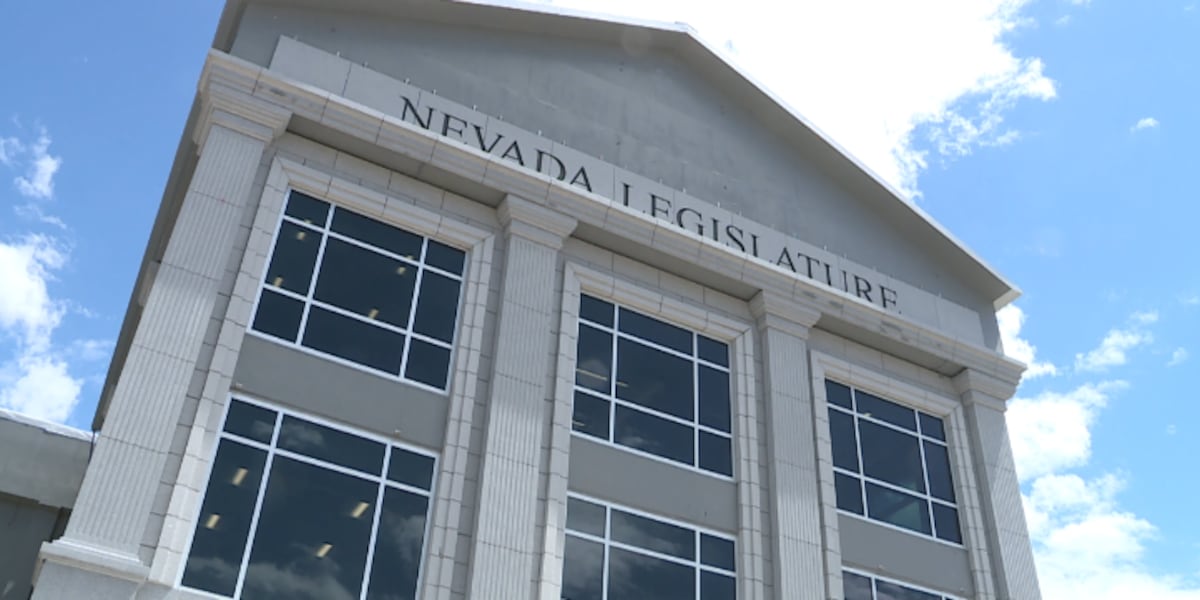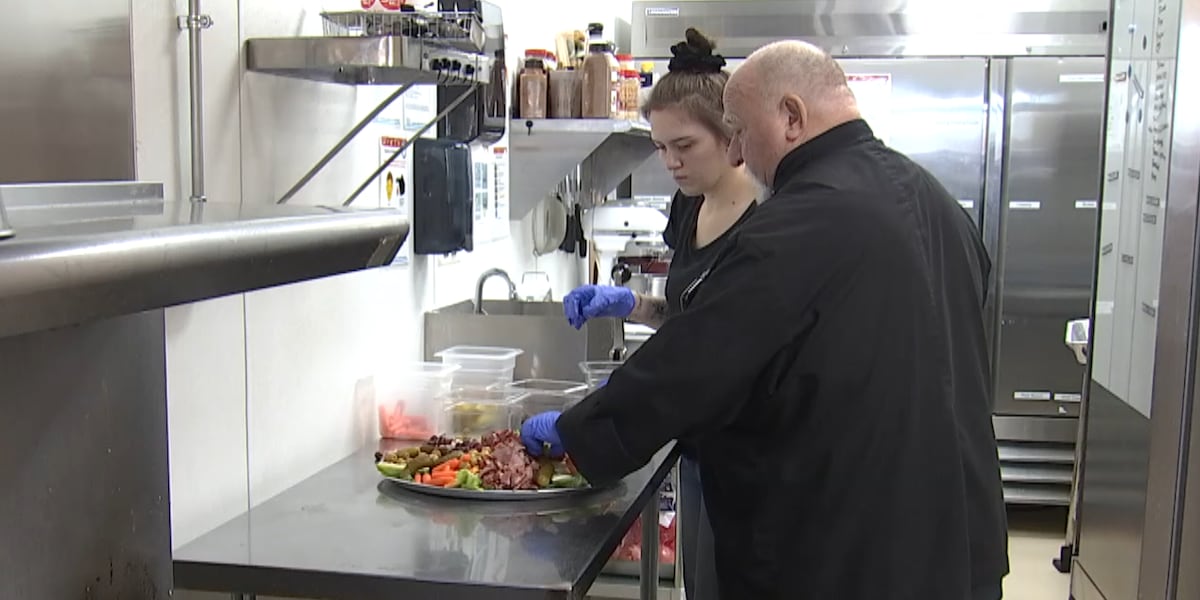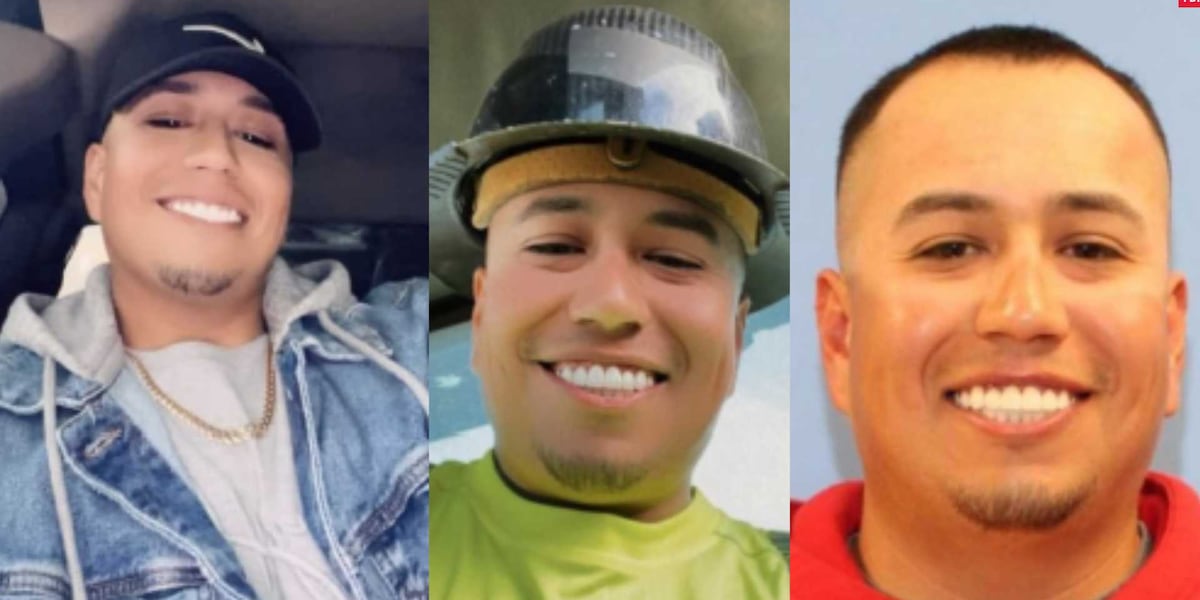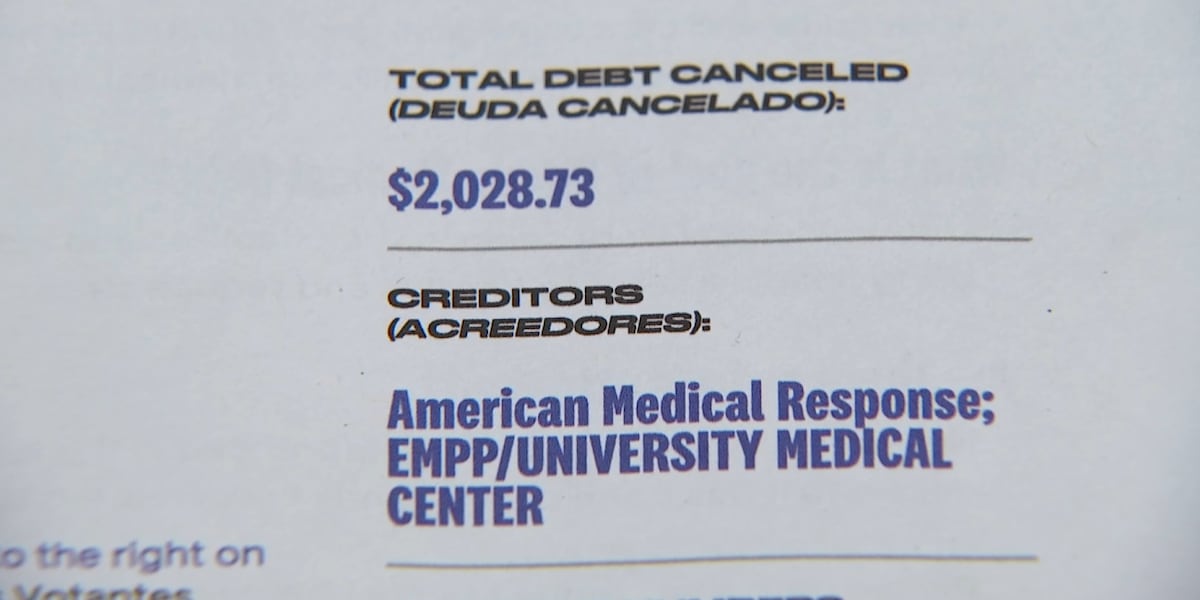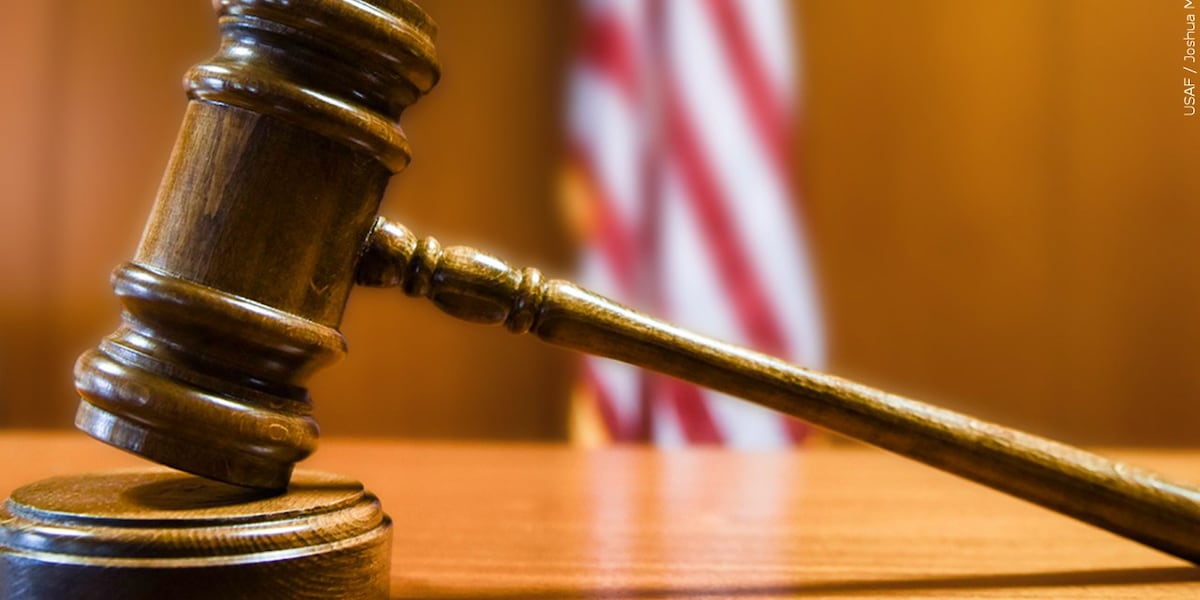
LAS VEGAS, Nev. (FOX5) – Various city bans or rules surrounding homeless encampments have been reinforced by a SCOTUS ruling, supporters say, while opponents fear the unhoused will face criminal penalties amid a shortage of social services and affordable housing.
The cities of Las Vegas and Henderson joined a group of Western cities that filed an amicus brief to ask SCOTUS to rule on the case, impacting how local governments nationwide enforce bans on homeless people camping on public streets. Justices ruled 6 to 3, overturning a lower court’s decision in the “Grants Pass, Oregon v. Gloria Johnson” case.
The city of Henderson released the following statement, Monday:
“The Grants Pass decision restores the tools available to local governments to address the homeless crisis and the City of Henderson remains committed to assist individuals who are unhoused with the ultimate goal of removing barriers and connecting them to necessary social services.”
In the city of Las Vegas, a 2019 ordinance prohibits camping on sidewalks as a misdemeanor with a $1,000 fine or jail time, except when local homeless shelters have no space. Mayor Carolyn Goodman and other city officials argue that the ordinance spurs people to get off the streets and seek the city’s services from the Courtyard instead.
Officials with the City of Las Vegas tell FOX5 that attorneys are still analyzing the impact on a sidewalk camping ban.
The rise in homelessness has been a flashpoint in the mayoral race. Councilwoman Victoria Seaman, running for mayor, tells FOX5 that the ruling allows the law to proceed with current enforcement, urging homeless to get help.
“It’s not a crime to be homeless. And that’s not the intent of this ban,” Seaman said. “It’s a public safety issue. By [SCOTUS] striking it down, we will continue what we’ve been doing: we have increased our MORE teams to go out and clean up encampments,” she said. Seaman also talked about the need for more affordable housing options for in our FOX5 Experts segment with John Huck.
“The only way to get these people help is to offer those wraparound services,” she said, noting that no people will ever be penalized when there is no shelter space. “When we go out and we break up the encampments, we do offer recovery, a bed to sleep food to eat, a driver’s license, workforce– we want to help people,” she said.
Candidate Shelley Berkley, who also discussed the need for more public safety for Las Vegas residents in our FOX5 Experts segment, sent the following statement to FOX5:
“It’s essential to balance empathy and support for those experiencing homelessness with the need to maintain public order and safety. I believe we must take a thoughtful, approach, ensuring that any ordinances or measures are humane, fair, and effective and help get people off the streets.
We need to collaborate with community organizations, advocates, and residents to develop comprehensive solutions that address the root causes of homelessness, such as affordable housing, mental health services, addiction, and job opportunities. At the same time, it’s crucial to establish clear guidelines that keep our public spaces safe and accessible for everyone.”
Advocates for the unhoused worry about the impact of the ordinance: how people in need could be penalized in scenarios where they have no resources for shelter, or no ability to find an open bed.
“There’s really no system that provides real time updates as to where people can go. Sometimes people are sleeping outside because they’re sleeping outside the shelter waiting for a bed,” said Lauren Martin with the Nevada Housing Justice Alliance, which was created in response to the 2019 Las Vegas ordinance.
“We’ve met people who are sleeping in their cars, sleeping in parks or even on floormaster, because their rent doubled,” she said. “I’m worried that the law will be misapplied in ways just to move undesirable people out of communities,” Martin said.
According to the ACLU, bed space at local shelters often reaches capacity or close to capacity. Bed space at the local Clark County jail is also nearing its limit, with around 100 beds left.
“[Cities] have attempted to use this kind of as a means of coercing people to move along, but they don’t have any place to go. And the numbers are rising,” said Athar Haseebullah of the ACLU of Nevada. The ACLU is tracking cities’ enforcement of ordinances and criminal charges.
“It’s not as if this notion of what they’re doing ends up being beneficial to the public. It’s not free prosecution. Jailing people is not free. We do need is more housing availability, more shelter availability, and better investment into those outcomes,” he said.
Copyright 2024 KVVU. All rights reserved.
